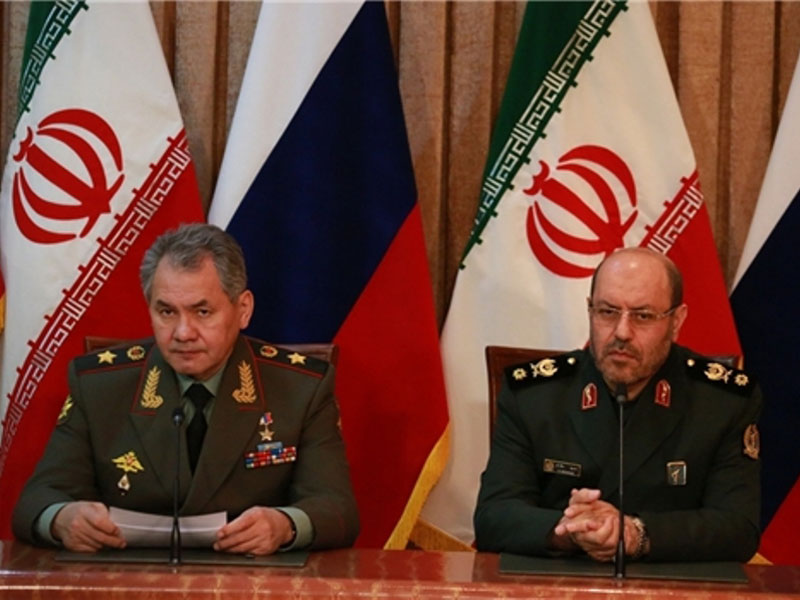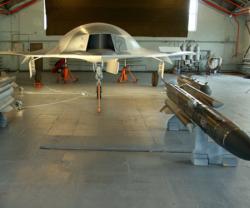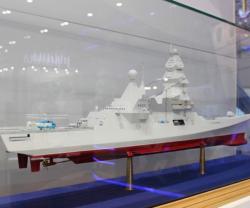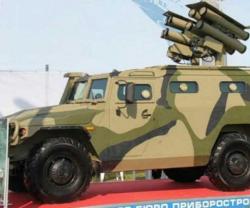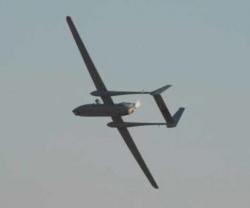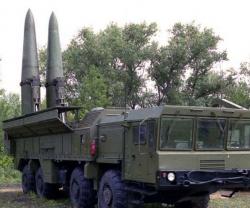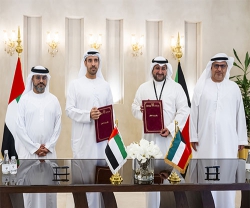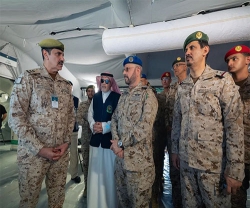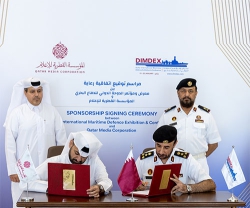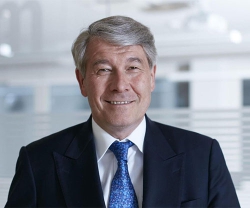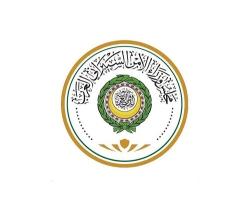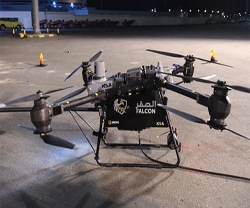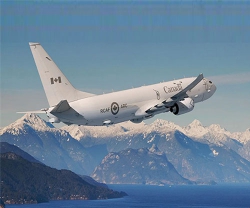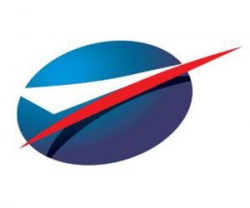For his part, Iranian Defense Minister Brigadier General Hossein Dehqan announced endorsement of an agreement with Russia to enhance and accelerate defensive cooperation between the two countries.
“We agreed to accelerate our cooperation in defensive and military technologies,” Dehqan said in a joint press conference with his Russian counterpart.
“The conditions ruling the region and the international issues showed that a powerful Russia in cooperation with an independent and powerful Iran can leave durable impacts on regional peace and security,” he added.
Dehqan underlined that the two countries’ leaders are firmly determined to widen and enhance mutual cooperation in all fields.
The Russian Minister described cooperation between Iran and Russia as a major contributor to the establishment of global and regional security and stability, and said in his meeting with General Dehqan, the two sides decided to strengthen practical dimensions of military cooperation between Tehran and Russia.
“In these negotiations, we discussed security in the region, the Middle-East and Afghanistan and our viewpoints were close or similar to each other,” he added.
“We also exchanged views on the importance of coordination in fighting international terrorism and drug trafficking and underscored the importance of mutual cooperation, considering the regional conditions,” Shoigu said.
According to Fars News Agency (FNA), General Dehqan and General Shoigu also signed an agreement to broaden their defensive cooperation and resolve the problem with the delivery of Russia's S300 missile defense systems to Iran.
The two sides also agreed to broaden their defense cooperation and joint campaign against terrorism and extremism.
However, Russian Foreign Minister Sergei Lavrov said Wednesday the issue of Russia delivering S-300 missile defense systems to Iran is a topic for bilateral discussions and will remain that way.
“I haven’t heard any announcements that the S-300 topic was being discussed. This has its own history and is a subject for our bilateral relations with Iran and that’s how this will be considered within the frameworks of our relations,” Lavrov said during a press conference in Moscow.
In 2007, Iran signed a contract worth $800 million to buy five Russian S-300 missile defense systems. But the deal was scrapped in 2010 by the then-Russian President Dmitry Medvedev, who was unilaterally expanding on sanctions against Iran imposed by the UN Security Council.
Iran filed a $4 billion lawsuit against Russia in the international arbitration court in Geneva, which is currently pending review. Moscow offered the Tor anti-aircraft systems as replacement, media reported in August, adding that the offer was rejected by Tehran.
The S-300 is a series of Russian long range surface-to-air missile systems produced by NPO Almaz, all based on the initial S-300P version. The S-300 system was developed to defend against aircraft and cruise missiles for the Soviet Air Defense Forces. Subsequent variations were developed to intercept ballistic missiles.
The S-300 system was first deployed by the Soviet Union in 1979.
Source: FARS; Sputnik;
Photo: Mehr

